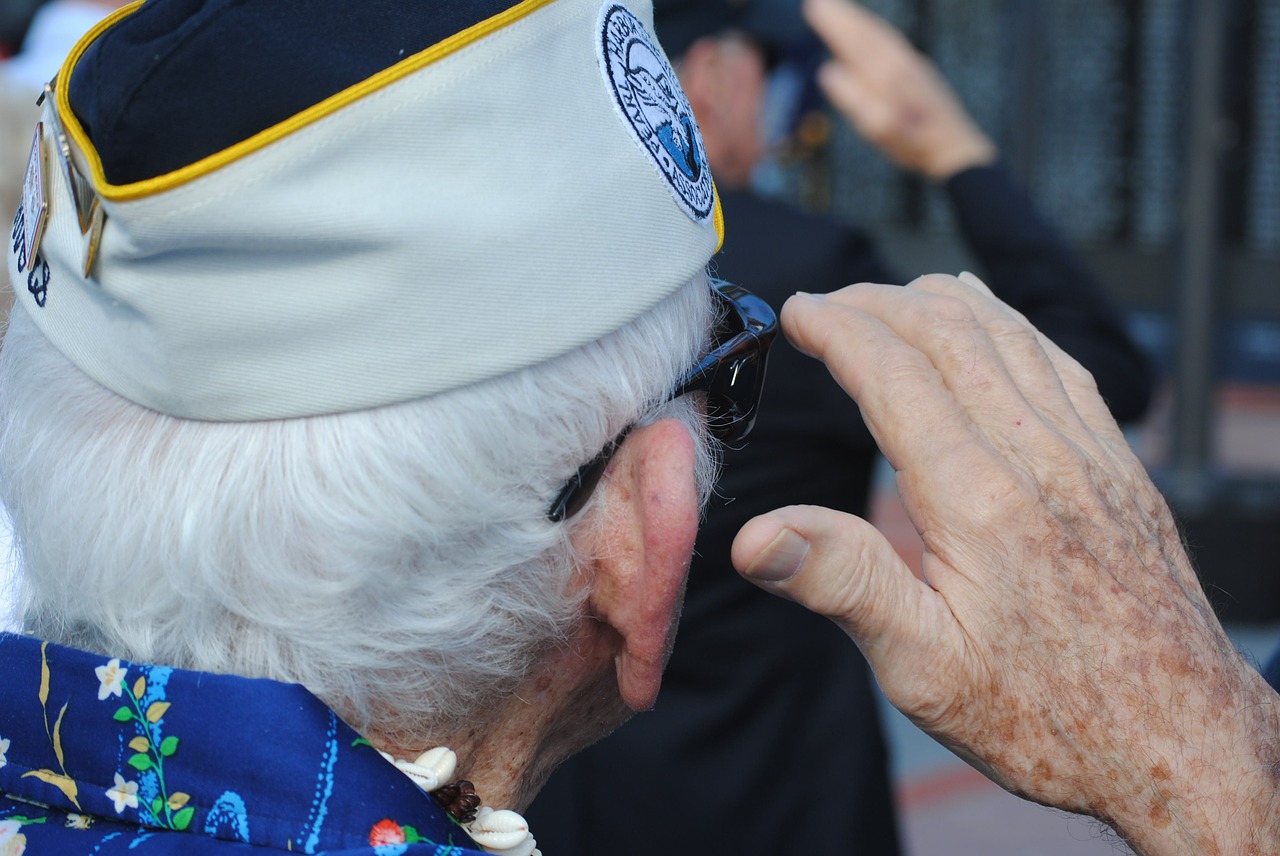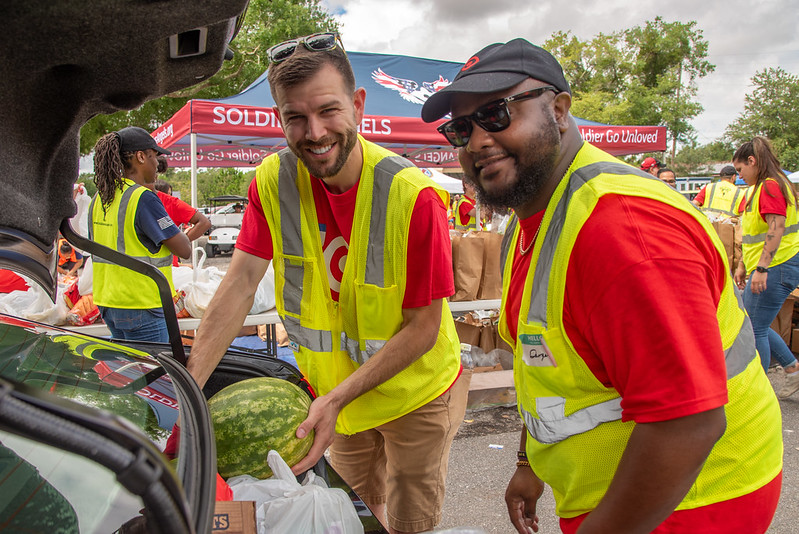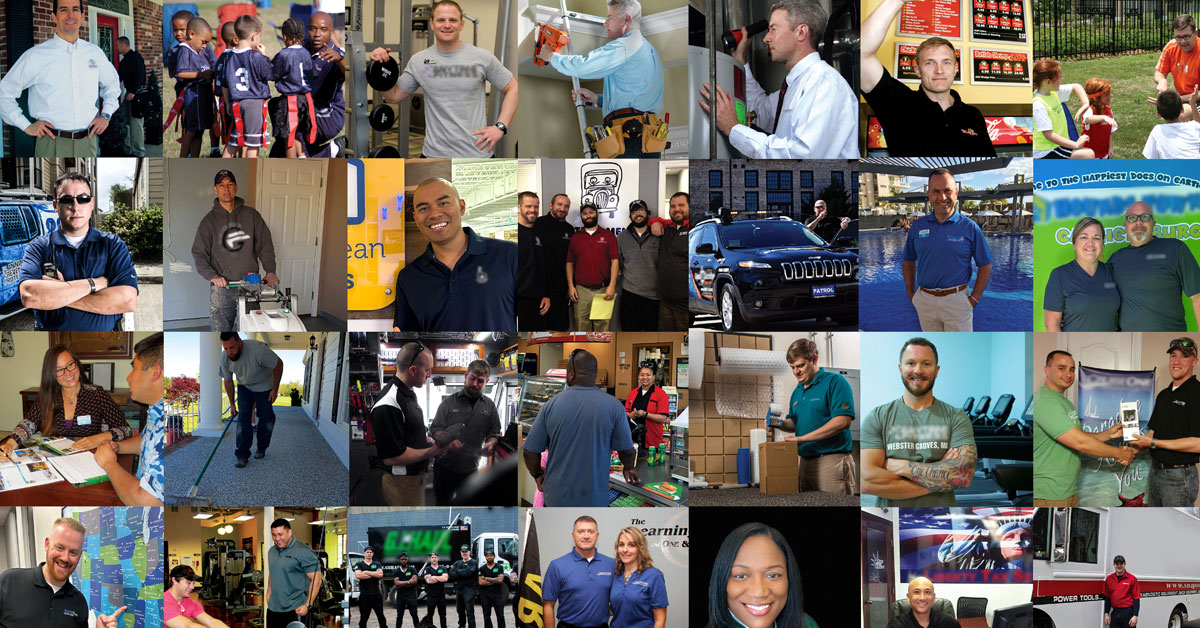Statistics show one out of three seniors dies from Alzheimer’s or another form of dementia. But Veterans who experienced brain trauma in the course of their service should know that they are at an even higher risk for developing the disease. The Los Angeles Times cites a study which found that traumatic brain injuries made Veterans “60 percent more likely to develop Alzheimer’s disease or other forms of dementia.” Another study found that Veterans who have experienced PTSD are twice as likely as those without PTSD to develop dementia.
With risk factors increased to such a degree, it’s important that Veterans know how to protect themselves and their loved ones when faced with an Alzheimer’s diagnosis. Here are a few tips to keep in mind:
Find out what benefits are available. Depending on the level of care needed, the costs of managing one’s Alzheimer’s can be quite expensive. As the AARP notes, it takes about $56,800 per year to care for someone with the disease. As a Veteran, you may be eligible for certain benefits through VA, including some provisions for home based primary care, nursing home services and more. And as the New York Times notes, a little known benefit called Aid and Attendance and Housebound Improved Pension can be especially helpful in paying for in-home care. Don’t wait until you’re already in the grips of Alzheimer’s to find out what benefits are available to you. Do some research now so that if you do develop Alzheimer’s you’ll know how to access help.
Know what constitutes a “senior moment” and what doesn’t. As you age, you may start experiencing what are popularly known as “senior moments” — brief bouts of forgetfulness or confusion. But it’s important that you and your loved ones know how to tell the difference between a senior moment and a sign of Alzheimer’s. In this article on how to recognize the signs of dementia and Alzheimer’s — clear distinctions between senior moments and signs of a more serious issue are made. For example, it notes that forgetting an appointment here and there may not be a problem, but if forgetfulness disrupts your day-to-day life or if you experience “confusion with time or place,” it’s possible your senior moments indicate something more serious. If you’re experiencing these warning signs, or if you notice them in a loved one, don’t hesitate to see your doctor.
Take vitamin E. There is no cure for Alzheimer’s but researchers are constantly learning more about the disease and how it develops. For example, as Healthline.com notes, one recent study looked at the effects of vitamin E on a group of Veterans. It found that patients who took a “large daily dose” of vitamin E had less trouble with certain tasks, such as “dressing and bathing.” The improvements believed to be driven by the use of vitamin E worked out to be a six-month increase in functionality within a two- to four-year period. Talk to your doctor about whether taking vitamin E may help you.
Make brain health a priority. If you are at risk for developing Alzheimer’s, know that the disease isn’t inevitable. When you take steps to nurture your brain health, you may be able to prevent the disease or, at the very least, slow its progress. So, what should you do? HelpGuide.org suggests focusing on the six pillars of a healthy brain:
- Regular exercise
- Healthy diet
- Mental stimulation
- Quality sleep
- Stress management
- An active social life
Of course, the good news is all the efforts you’ll put forth improving your brain health will improve your overall health as well. So, get up, get active and do what you can to work on developing a healthy brain.
Understand that being diagnosed with Alzheimer’s isn’t a death sentence. As we learn more and more about the disease, we’re finding new ways to slow its progress. If you do receive an Alzheimer’s diagnosis, use these tips to protect yourself and your loved ones.

Topics in this story
More Stories
Soldiers' Angels volunteers provide compassion and dedication to service members, Veterans, caregivers and survivors.
Veterans are nearly three times more likely to own a franchise compared to non-Veterans.
The Social Security Administration is hoping to make applying for Supplemental Security Income (SSI) a whole lot easier, announcing it will start offering online, streamlined applications for some applicants.







The accurate name for Alzheimer’s and other forms of prion disease is transmissible spongiform encephalopathy (TSE). The operative word is “transmissible.” http://alzheimerdisease.tv/
Misinformation about prion disease can kill you. In fact, the accurate name for Alzheimer’s and other forms of prion disease is transmissible spongiform encephalopathy (TSE). The operative word is “transmissible.” http://alzheimerdisease.tv/